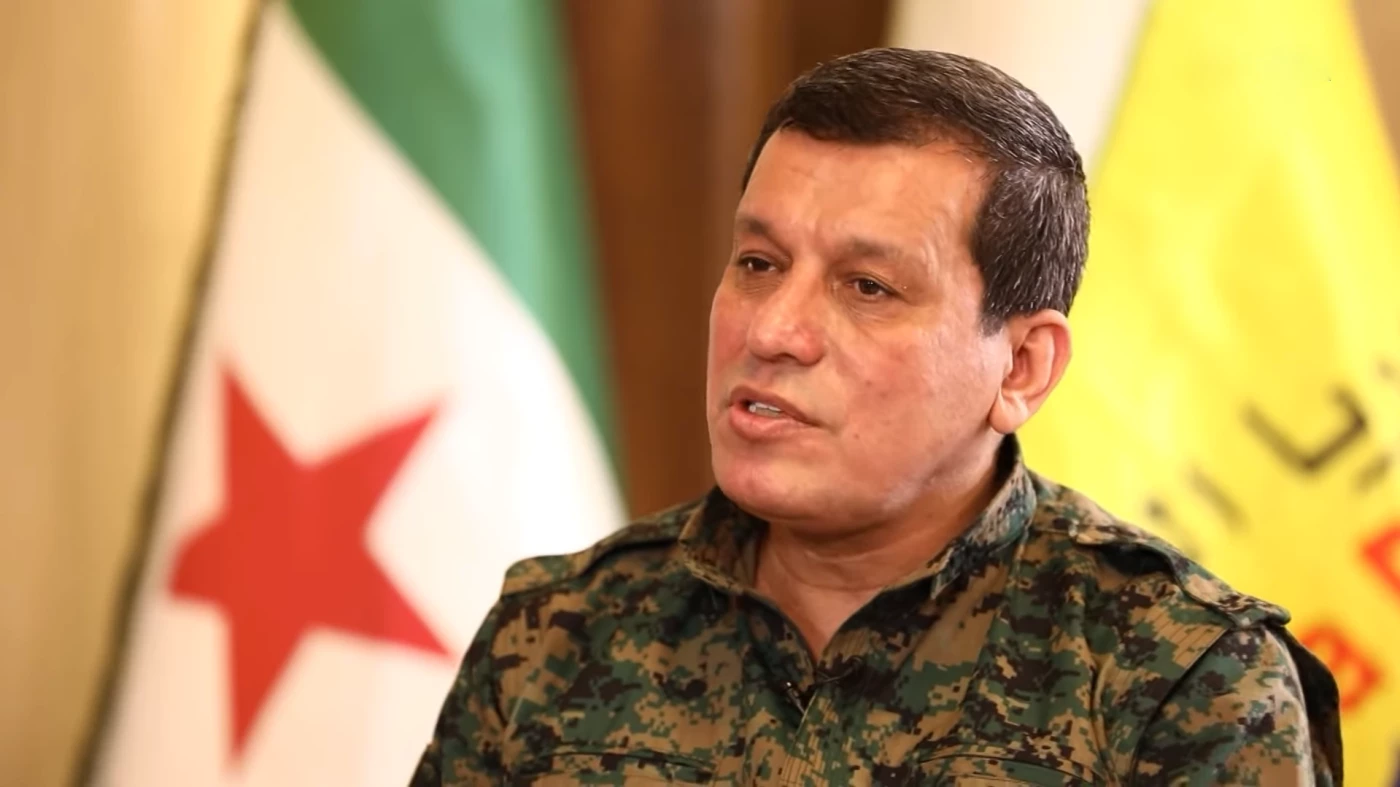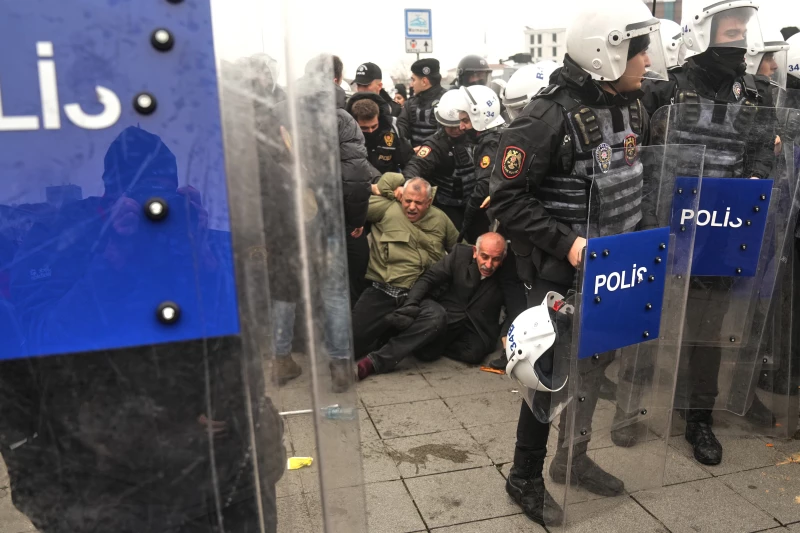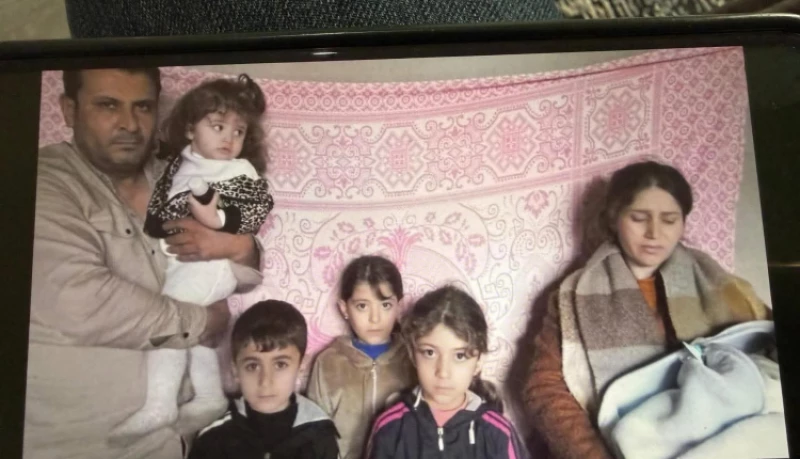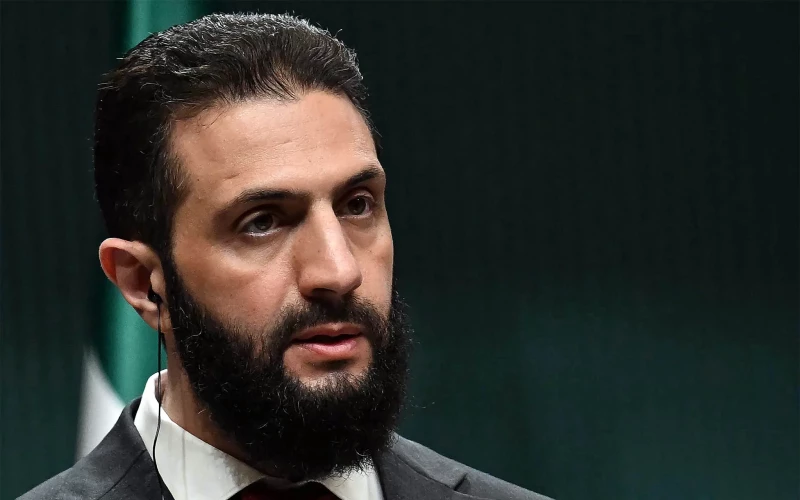ERBIL, Kurdistan Region of Iraq – The integration of armed forces and institutions of north and east Syria into the Syrian state cannot be achieved by force, said the general commander of the Kurdish-led Syrian Democratic Forces (SDF), expressing their willingness to take “practical steps” toward an understanding with Damascus.
After months of deliberation and negotiations, Syrian President Ahmed al-Sharaa and SDF chief Abdi signed an agreement on March 10 to officially integrate the Kurdish-led forces and all other institutions in northeast Syria into the Syrian state institutions.
In an interview with the SDF-affiliated Hawar News Agency (ANHA) published on Monday, Abdi said that the March agreement was “necessary” in light of the ongoing tensions in Syria and the region at the time.
“During these four months, perhaps no major steps were taken in practice, but some goals were achieved. Now there is a ceasefire, and we want to maintain this situation permanently, so the meetings will continue,” said the SDF chief.
Coinciding with the fall of the Assad regime in December, the Syrian National Army (SNA) – a Turkish-backed umbrella of opposition militias - launched an offensive on SDF-controlled territories in northeastern Syria, resulting in bloody clashes along the Tishrin dam and Qarqozak bridge as well as northern and eastern Aleppo.
Despite the March agreement, disagreements still run deep between the Kurdish authorities and Sharaa’s government about the model of governance in Syria, with Sharaa aiming to consolidate power and maintain full sovereignty over all Syrian territories, while the Kurds advocate for a federal state where they maintain a degree of self-governance.
“Integration means partnership. Between all Syrians, between Syria's components, and between all existing administrations, a new Syria must be built on the basis of a new partnership. This cannot be imposed by force, and from the beginning, we have opposed any attempt to impose it by force,” Abdi told ANHA.
“This must be achieved through understanding. It is essential that we dialogue together and come together. All components of Syria must reach an agreement,” he added.
Sharaa signed the country’s draft Constitutional Declaration on March 13, three months after toppling the Bashar al-Assad regime. The document was drafted based on the Syrian National Dialogue Conference held in late February, which was slammed by Kurdish authorities for their “token representation.”
Shortly after the declaration, the Syrian Democratic Council (SDC), the SDF’s political wing, announced its “complete rejection” of the document, slamming it as “tyranny in a new form.”
“If a new constitution for Syria is drafted tomorrow, all Syrian components must accept it and recognize its government. National institutions must also be such that each party considers them its own national institutions,” said Abdi.
Abdi and other representatives of the Kurdish-led Autonomous Administration of North and East Syria (AANES) were set to meet with Syrian officials in Paris last week; however, the meeting was abruptly canceled without a reason being given.
“We can say that regardless of the disagreements, it seems that the preparations for the meeting were not sufficient to reach a final and successful result. Therefore, discussion of them was postponed to the next meeting,” said the SDF chief.
“It has been stated to the media on multiple occasions that the SDF is ready for meetings and has its own preparations and that they are serious. They want to practical steps and they have reached this conclusion,” he added.
A day later, Syria, France, and the United States in a joint statement agreed that it is imperative to support political transition and national reconciliation in Syria, and emphasized the importance of holding talks between the Syrian government and the SDF “as soon as possible” to discuss the implementation of the March agreement.
US Congressman Abraham Hamadeh on Sunday said he received a situation brief from the SDF chief in a post on X.
“The SDF is a key part of Syria’s future. For over a decade, it has protected the northeast third of Syria, and established a decentralized model that protects Christians, Arabs, Kurds, and others,” wrote Hamadeh, a child of Syrian migrants with Kurdish, Druze, and Muslim heritage.
“The SDF seeks time and space to strengthen their inclusive governance framework in Syria’s interim process,” the congressman said, adding that SDF and Damascus representatives will continue negotiations in Paris “this month.”
No official date has yet been announced for further talks in Paris.



 Facebook
Facebook
 LinkedIn
LinkedIn
 Telegram
Telegram
 X
X


